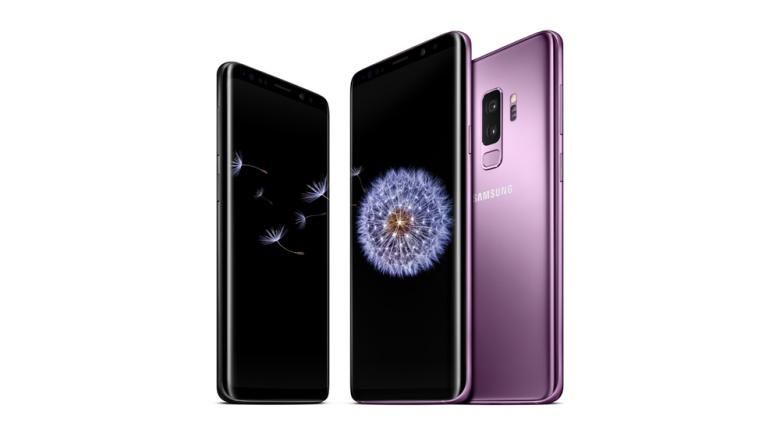The Galaxy S9 seems to have had a few straw issues from its first boot. Some touch panels haven’t been working properly. The chassis glass is barely stronger than what was on the Galaxy S8. And some unlocked units don’t have FM radio as it was promised. These are relatively small issues either by severity or scale.
But for Galaxy S9 owners in regions where they are equipped with a house-made Exynos 9810 Octa system-on-chip instead of a Qualcomm Snapdragon 845, they may find having to charge their phone on a lunch break the straw that broke that camel’s back.
A Strategy Analytics report has placed the Galaxy S9 sixth out of seven recent flagships for battery life. At a tested 26 hours and 52 minutes, the S9 beats the OPPO R11 by more than 10 hours, but lags behind last year’s LG G6 by almost 6 hours. The Huawei P10 was next best while the top performers were the Sony Xperia XZ2 and XZ2 Compact. PhoneArena also found that the Galaxy S9 was outlasted by the Galaxy S8, iPhone X and LG V30.
AnandTech was not able to make a one-to-one comparison, but has found that the gap in battery life between a Galaxy S9+ with a Snapdragon 845 and a Galaxy S9 with an Exynos 9810 did not match with capacity and efficiency adjustments — a 14 percent capacity difference contributed to a 35 percent endurance divide. It found that while the 9810 had a 20 percent average speed improvement from the smaller 8890 chip of 2016, it was 35 to 58 percent less efficient.
A Samsung spokesperson has responded to concerns from owners and the press, telling Android Central:
The Galaxy S9 is a reimagined smartphone designed to provide the best experience possible. Battery discharge time is dependent upon each user’s specific installed apps and settings, as well as other environmental factors. Both processors go through strict and rigorous testing considering real life usage scenarios, in order to provide the same top-of-the-line experience regardless of processor. Samsung is committed to delivering consistent battery performance over the lifecycle of the phone to provide users with an optimal experience.
It’s a milquetoast, vague answer at best that doesn’t acknowledge the nuance of different chipsets — Samsung has purposefully left mentions of the Galaxy S9’s processor as a “10nm” unit to reduce emphasis on the specific chipsets. Chinese and US units typically get the Snapdragon while many other regions get Exynos chips.

